At the first Illinois Commerce Commission public forum in Mendota, Illinois, Clean Line vice president Jimmy Glotfelty showed up in business casual attire and then proceeded to make an arrogant ass out of himself.
Gosh, for some reason nobody liked Jimmy that day. It couldn't be his flippant attitude, his penchant to argue with people waiting outside the venue, his dismissive reaction toward the members of the public who made comment (while Jimmy played with his phone, feigned sleep, and then went outside to find someone to argue with). It wasn't the outfit that caused him to act that way, it was just Jimmy.
Luckily for Clean Line, the ICC scheduled a second public forum for the Rock Island Clean Line since many landowners at the first one had been unable to get inside because Clean Line filled the venue with hungry college kids in ugly orange shirts. An opportunity had presented itself for Jimmy to have another chance to make a good first impression on the hardworking people of Illinois! Better not squander this chance, Clean Line!
And then someone got an idea. An awful idea. Someone had a wonderful, awful idea.
They dressed Jimmy up like a farmer and sent him off to the Mendota forum.
- Plaid shirt. How farmerish!
- Brand new work boots. Not a speck of dirt on 'em.
- Khaki "work" pants. How you going to get anything done when your pants are so long they pool around your ankles? Maybe he needed the boots to keep from tripping on his pants.
- Carhartt work jacket. Brand new. Never seen a chore.
- Expensive watch. Priceless. Every farmer wears an expensive watch to do chores. How else would he know when it's quitting time?
Trick or Treat, Jimmy!
And Jimmy's humiliation got passed around the bleachers on a tablet. And people laughed. Oh how they laughed! They laughed so hard, I almost felt sorry for poor, misguided Jimmy.
But it was real difficult to feel sympathy while laughing so hard.
Dressing up like a farmer does not make a transmission ignoramus a farmer. It does not help real farmers to relate to him. Furthermore, it is incredibly insulting to real farmers when some fancy pants from Houston pretends he's a farmer in some lame attempt to appeal to them. Clean Line might as well have posted a huge flashing neon sign in the lobby, "WE THINK YOU'RE STUPID!"
And, just in case another transmission nimrod wants to try to dress up like a farmer in the future, here's what a REAL FARMER looks like.
It's not the outfit that makes the man. It's the man that makes the outfit.
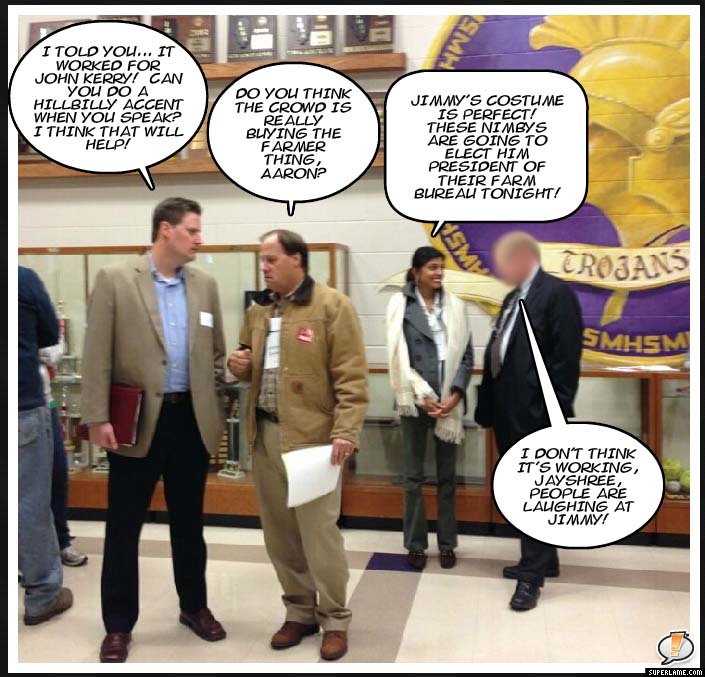
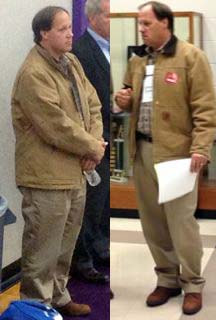
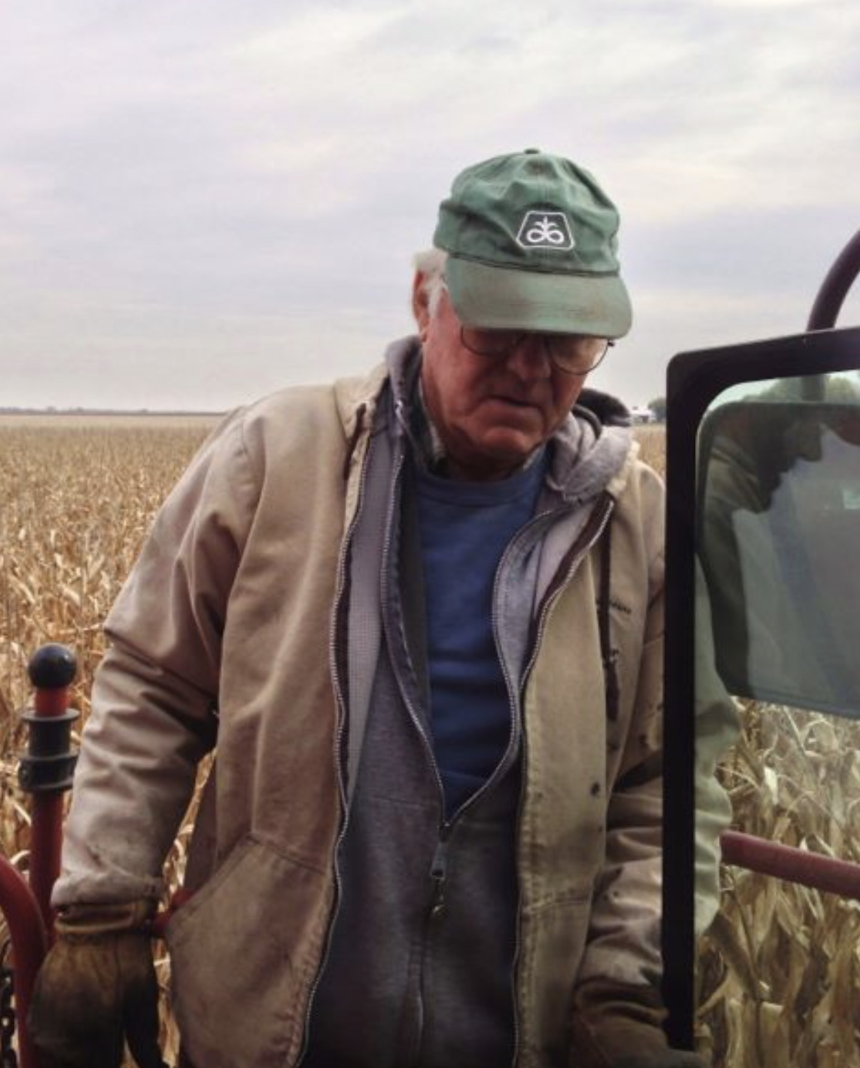
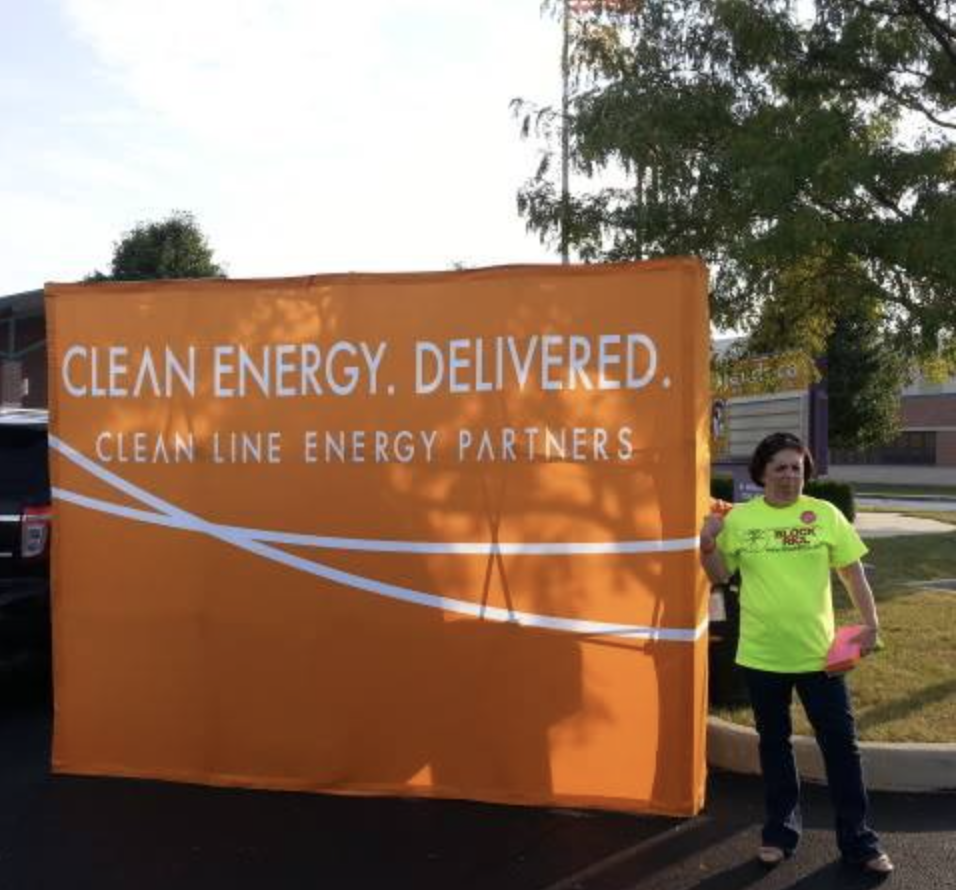
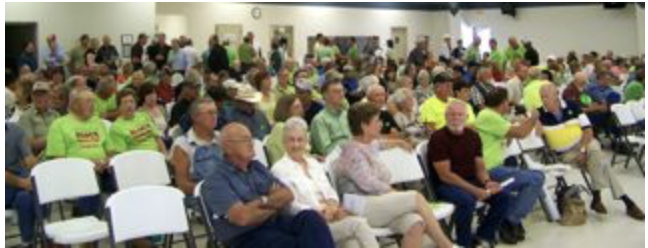
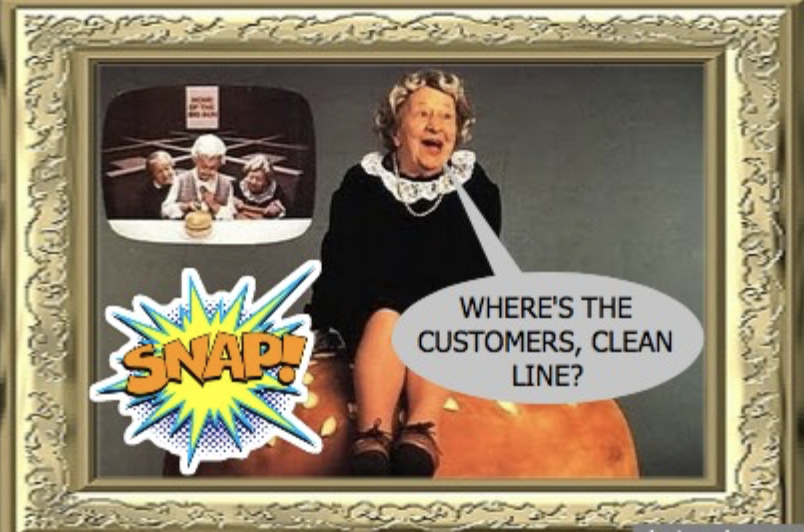
 RSS Feed
RSS Feed